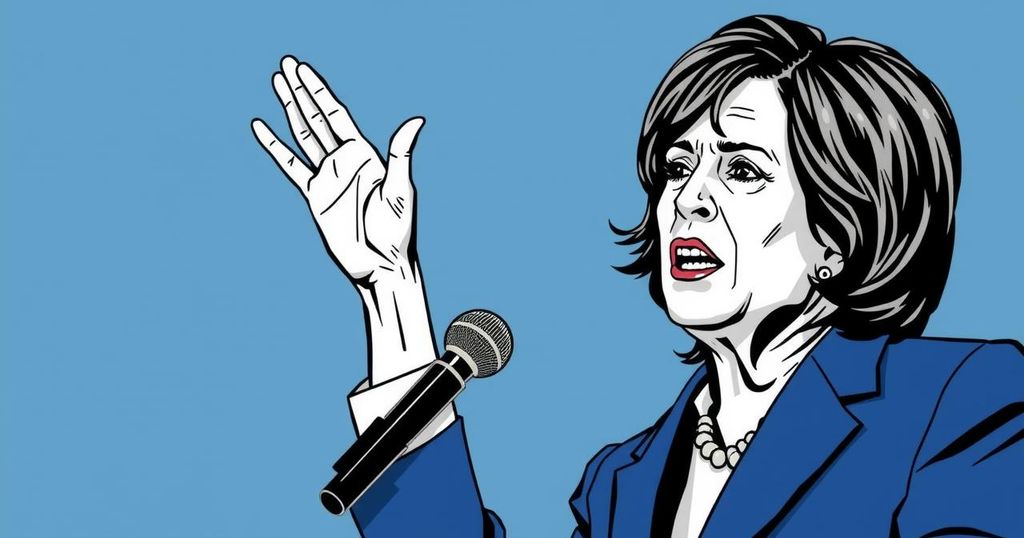Understanding the Electoral Defeat: Harris, Democrats, and Trump’s Return

The article explores the reasons behind the Democrats’ electoral losses, focusing on Trump’s potential re-election amidst growing anti-incumbency sentiment and public discontent. It underscores the historical dominance of the Democratic Party in elections, which may have contributed to current political tensions.
In the aftermath of the 2016 election, which was a profound disappointment for American liberals, the 2020 election has resulted in a somber realization devoid of hope, leading to a pervasive sense of despair. If Donald Trump secures re-election, it may trigger an unprecedented top-down transformation in the nation, notwithstanding exaggerated fears of extreme authoritarianism. Democratic messaging regarding topics like Project 2025 has been effective, yet voters remained preoccupied with inflation and immigration issues that had already stabilized, mistakenly validating Trump’s agenda that threatens to dismantle the regulatory framework and reduce governmental support significantly. Liberals have struggled to comprehend how such a contentious election could be so closely contested. Speculations ranged from cultural ignorance to strategic failures in the Democratic campaign, including President Biden’s perceived weaknesses and the party’s shifts in policy. However, a more critical aspect lies in the history of the Democratic Party’s dominance in recent elections. Having held the presidency for 12 of the last 16 years, the Democrats face formidable political challenges from an electorate increasingly inclined to reject incumbents, particularly in light of dissatisfaction stemming from the lingering repercussions of economic upheaval and the pandemic.
The article discusses the implications of Donald Trump’s potential re-election in the context of shifting political sentiments in America. It highlights the unique political landscape dominated by Democrats over the past two decades, which has created an environment ripe for dissent against established powers. With socio-economic factors influencing the electorate’s preferences, the discourse centers on the challenges facing Democrats in garnering support amid a changing political climate.
In summary, the Democrats’ recent electoral losses can be attributed to a myriad of factors, including their lengthy tenure in power and the emerging anti-incumbency sentiment among voters. Despite effective messaging strategies, the underlying dissatisfaction with the political status quo ultimately empowered Trump and his agenda. As the political landscape continues to evolve, it is imperative for the Democratic Party to reassess its approach and reconnect with an electorate yearning for change.
Original Source: www.nytimes.com






